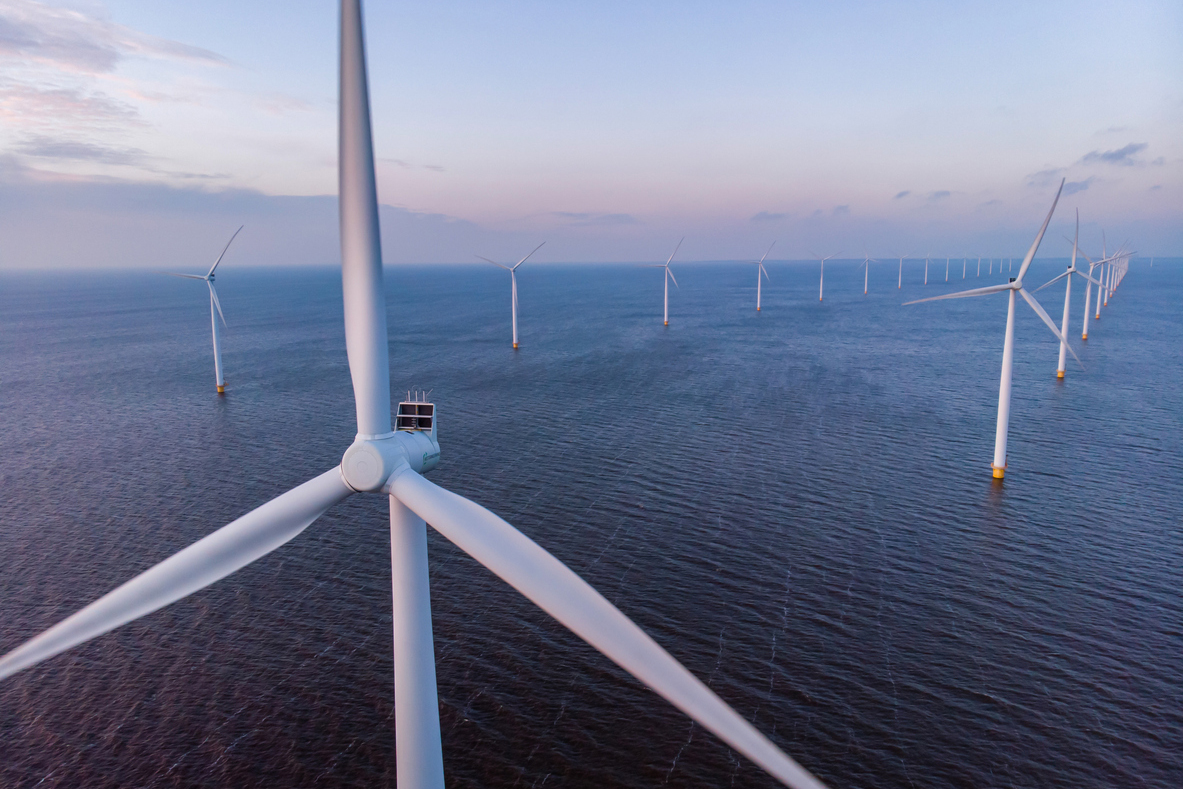IfW study assesses the supply of platinum metals and boron as particularly vulnerable.
On behalf of the German “Wissenschaftsplattform Klimaschutz” (Climate Protection Science Platform), the Kiel Institute for the World Economy (IfW) has investigated the risks posed to Germany on the path to climate neutrality by imports of critical raw materials. These are needed, for example, to produce wind turbines or in electromobility. According to the IfW, the German economy covers most of its needs through imports, and the extent of the resulting dependency was demonstrated by the Covid pandemic and the war in Ukraine.
PGMs and boron very vulnerable to supply shortfalls
The study classifies the semimetal boron, and the platinum group metals as “particularly critical.” The latter group is needed, for example, to produce sustainable hydrogen as well as for the generation of electricity from this energy carrier, in which German politicians have placed great hope in, at least since the publication of the “National Hydrogen Strategy” in 2020. According to the IfW, production of these precious metals, which have been virtually impossible to replace until now, is concentrated in a few countries, while demand is rising sharply at the same time.
The authors also expect a sharp increase in demand for rare earths, gallium, germanium, and indium, among others. Alongside cobalt, lithium, magnesium, niobium, strontium, and titanium, these are rated as “critical” because they are also highly dependent on imports, although the global supply could increase in the future because of new producing countries entering the market.
Fluorine and silicon are considered to be “less critical raw materials.” The supplier structures of German imports are significantly more diversified here than for the aforementioned resources. Trade sanctions or other geopolitically motivated restrictions on supply would therefore have much less impact here.
Study advises stress tests and raw materials diplomacy
As a first step toward a reliable supply of critical resources, the IfW suggests improving commodity monitoring and regular stress tests, as known from the financial sector. This could reveal vulnerabilities and develop crisis management strategies. The institute further recommends that commodity diplomacy between companies and potential supplier countries should be intensified through appropriate agreements.
A reassessment of the costs, benefits, and risks of domestic raw material extraction is also advisable, and this must be carried out in harmony with environmental protection. In addition, dialog with the impacted communities is necessary to create acceptance for these projects.
The full study can be found here (German).
Photo: iStock/ fokkebok


